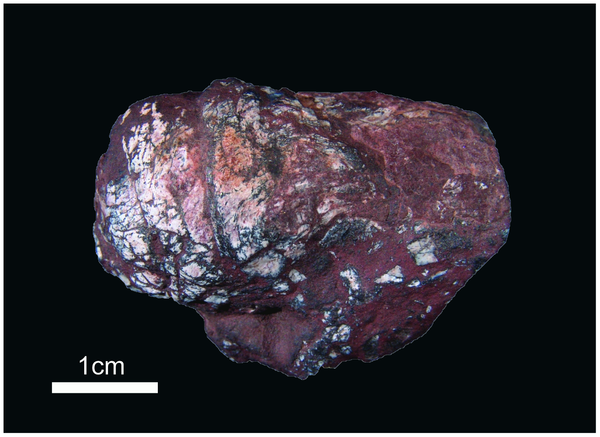A rock unearthed in Brazil is the fossilised faeces of a fish from a quarter of a billion years ago, and it contains the oldest-yet-discovered examples of  intestinal worm eggs.
intestinal worm eggs.
The 5cm by 2cm coprolite, which was examined by Federal University of Rio Grande researcher Paula Dentzien-Dias, came from the Sao Gabriel region of southern Brazil in what would have been, 270 million years ago, a freshwater lake.
The faecal fossil, which contains scales and bone fragments, also has a series whorl shapes at one end characteristic of elasmobranche fish like skate, rays and sharks.
But under the microscope, also visible were a cluster of nearly 100 unsual, oval-shaped structures about one tenth of a millimetre across.
Examined more closely they are typical of tapeworm eggs, one of which even contains a developing worm larva.
Writing in PLoS One this week, the team point out that, what they describe as an "amazing discovery", shows that parasites were around since the advent of life.
- Previous Improving the power of MRI
- Next So that's where tuberculosis hides









Comments
Add a comment